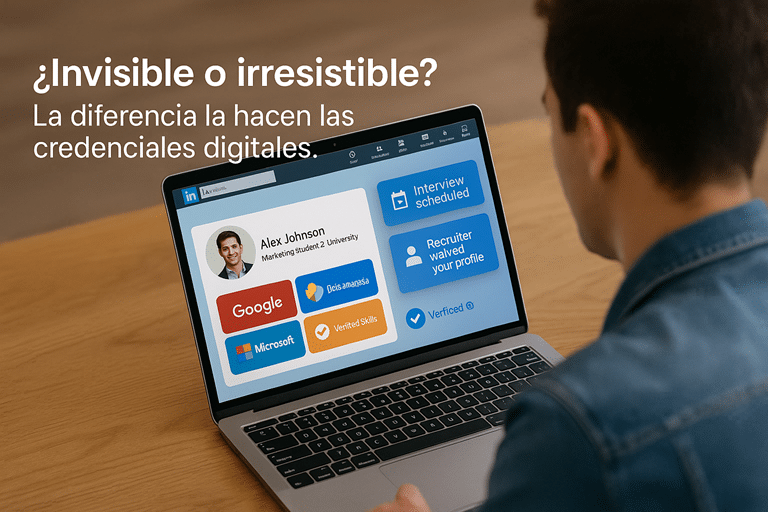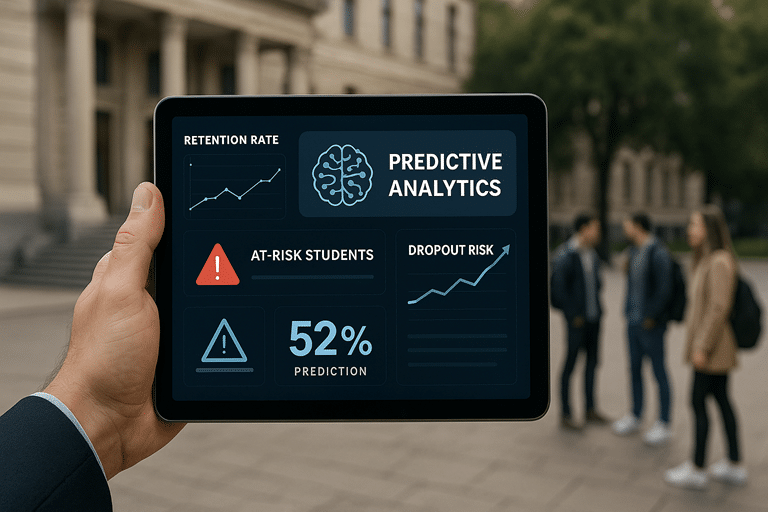Skills and competencies are the present and future of professional and educational development. This article explores what these concepts mean, why they are crucial today, and how competencies can help students develop their skills. Digital Credentials y Micro-credentials can be the key to certifying and communicating these capabilities effectively.
What do skills and competencies mean?
Skills are the specific abilities that a person develops to perform specific tasks, such as programming, designing, or analyzing data. Competencies, on the other hand, combine those skills with knowledge and attitudes, allowing a person to apply what they know in a specific context effectively.
Why are they important today?
Globalisation, digital transformation and constant changes in the labour market have made skills and competencies more relevant than ever. Employers are not only looking for academic qualifications, but also for tangible evidence of what a person can do. In this context, skills and competencies act as a way to differentiate oneself and adapt to a highly competitive labour market.
Key skills and competencies in today’s world of work
Currently, skills such as:
- Digital skills: management of technological tools, programming, and data analysis.
- Soft skills: effective communication, teamwork, problem solving and leadership.
- Critical thinking and adaptability: the ability to analyze situations and adapt to new scenarios.
- Intercultural competences: essential in a globalized world to work with people from different cultures and backgrounds.
How to certify your students’ skills and competencies?
Certification of skills and competencies is essential to translate these capabilities into tangible opportunities. This is where Digital Credentials and Micro-credentials play a pivotal role:
- Translation and communication: Digital Credentials allow skills to be presented in a clear and standardized way. For example, a digital credential can show that a student has knowledge in cybersecurity or leadership.

- Portability and verifiability: These credentials are easy to share on platforms like LinkedIn or digital portfolios, increasing professional visibility.

- Access to new opportunitiesBy certifying specific skills, you open the door to jobs or educational programs that value those abilities, without having to rely exclusively on a degree.

Importantly Skills are no substitute for academic qualifications. Both elements are complementary and are part of the path to professional success. However, by building a skills-based economy, we can remove traditional barriers and offer opportunities to those with relevant skills, even if they do not follow conventional career paths. This approach includes everyone from military veterans to self-taught professionals.
Conclusion
Skills and competencies are not only the present, but also the future of education and employment. Certifying them through Digital Credentials and Micro-credentials allows students and professionals to stand out in a competitive job market.
If you want to know more about how to implement these solutions in your organization, write to us at info@acreditta.com.
Subscribe to blog here and receive all our content







